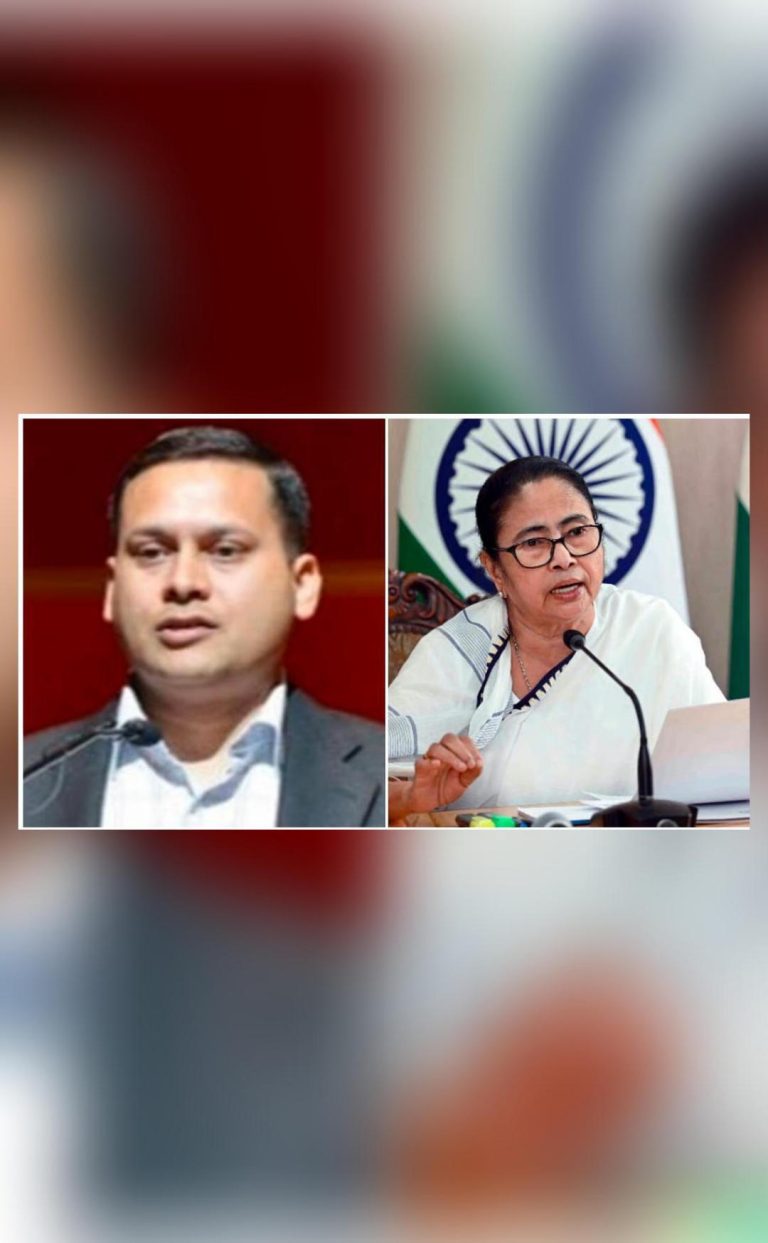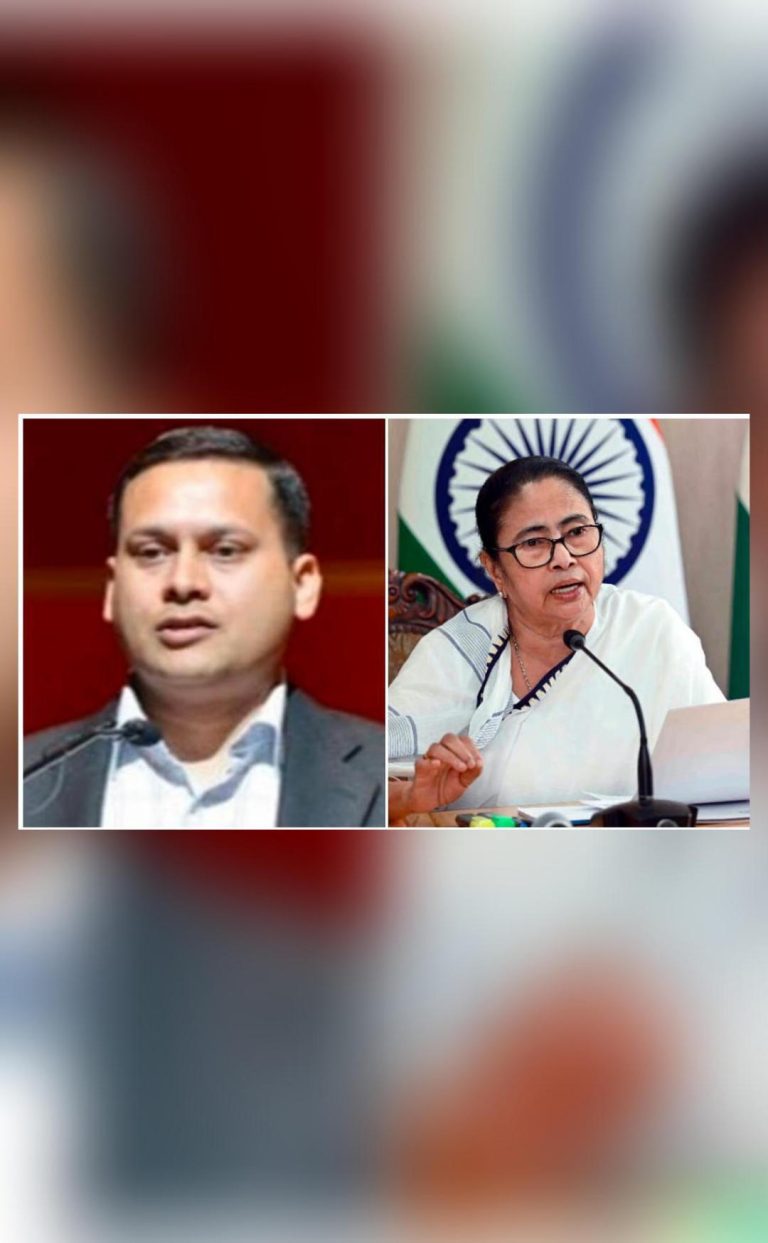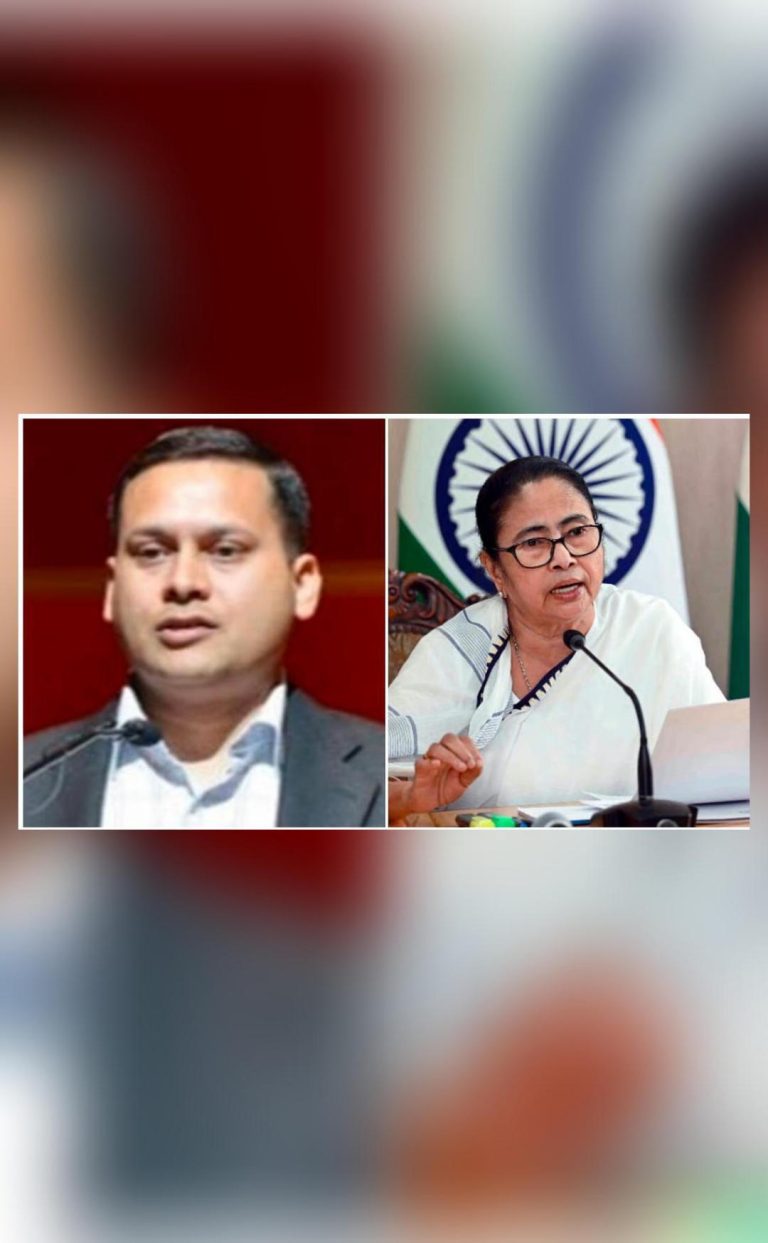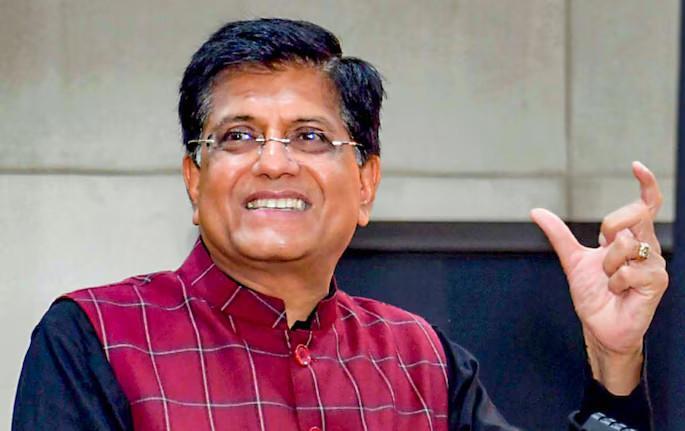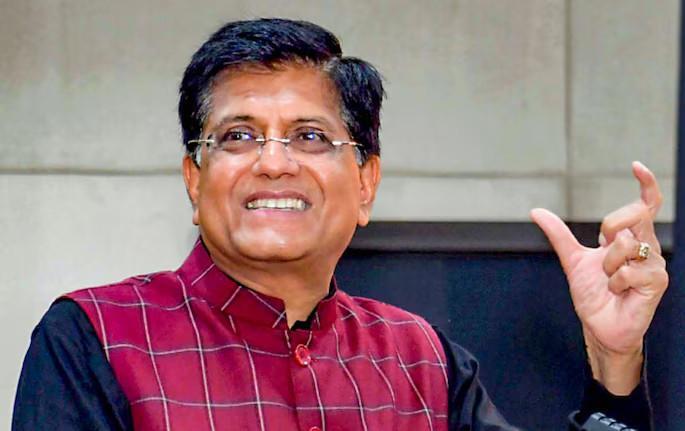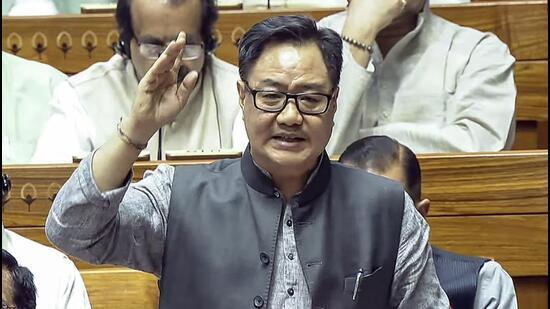
Opposition Creates Confusion & Leaves House: Rijiju in Rajya Sabha
The recent sitting of the Rajya Sabha witnessed a heated debate on the Waqf (Amendment) Bill, with Union Minister Kiren Rijiju taking a strong stance against senior members of the opposition for creating confusion and not staying back to listen to the replies. In an unexpected turn of events, the opposition members, including senior lawyer and MP Kapil Sibal, chose to leave the House without waiting for the minister’s response, further fueling the controversy.
The Waqf (Amendment) Bill, aimed at amending the Waqf Act, 1995, to regulate and management of Waqf properties, was being discussed in the Upper House of Parliament. However, the debate took an acrimonious turn when MP Kapil Sibal raised certain issues, comparing the properties of Waqf bodies with those of other religious bodies. This move was criticized by Minister Rijiju, who accused the opposition of creating confusion and not being interested in a constructive discussion.
“What is the purpose of raising issues and creating confusion if you are not willing to stay back and listen to the replies?” Rijiju asked, his tone reflecting his disappointment and frustration. He emphasized that the government was committed to protecting the interests of all religious bodies, including Waqf institutions, and that the proposed amendment was aimed at ensuring transparency and accountability in their functioning.
Rijiju’s remarks were a clear reflection of the government’s frustration with the opposition’s tactics. The minister’s comments also highlighted the lack of seriousness displayed by the opposition members in engaging with the government and engaging in meaningful discussions. By creating confusion and then leaving the House without waiting for the minister’s response, the opposition was seen as undermining the very purpose of the parliamentary process.
The debate on the Waqf (Amendment) Bill is a significant one, as it has far-reaching implications for the management and regulation of Waqf properties in the country. The government’s proposal aims to bring greater transparency and accountability to the functioning of Waqf institutions, which manage vast tracts of land and other assets across the country. However, the opposition has been critical of the proposed amendment, alleging that it is an attempt to undermine the autonomy of Waqf institutions and the rights of minority communities.
The opposition’s criticism of the proposed amendment is based on the assumption that the government’s move is aimed at undermining the autonomy of Waqf institutions and the rights of minority communities. However, the government has consistently maintained that the amendment is intended to ensure transparency and accountability in the functioning of Waqf institutions, and that it is not intended to undermine the autonomy of these institutions.
Rijiju’s criticism of the opposition’s tactics is a reflection of the government’s frustration with the opposition’s refusal to engage in constructive discussions. The minister’s comments have also highlighted the lack of seriousness displayed by the opposition members in engaging with the government and engaging in meaningful discussions. By creating confusion and then leaving the House without waiting for the minister’s response, the opposition was seen as undermining the very purpose of the parliamentary process.
In conclusion, the recent debate on the Waqf (Amendment) Bill in the Rajya Sabha has once again highlighted the need for constructive and meaningful discussions in the House. The government’s proposal to amend the Waqf Act is intended to ensure transparency and accountability in the functioning of Waqf institutions, and the opposition’s criticism of the proposed amendment is based on a flawed understanding of the government’s intentions. The opposition’s refusal to engage in constructive discussions and its tendency to create confusion and then leave the House without waiting for the minister’s response is a reflection of its lack of seriousness and commitment to the parliamentary process.
